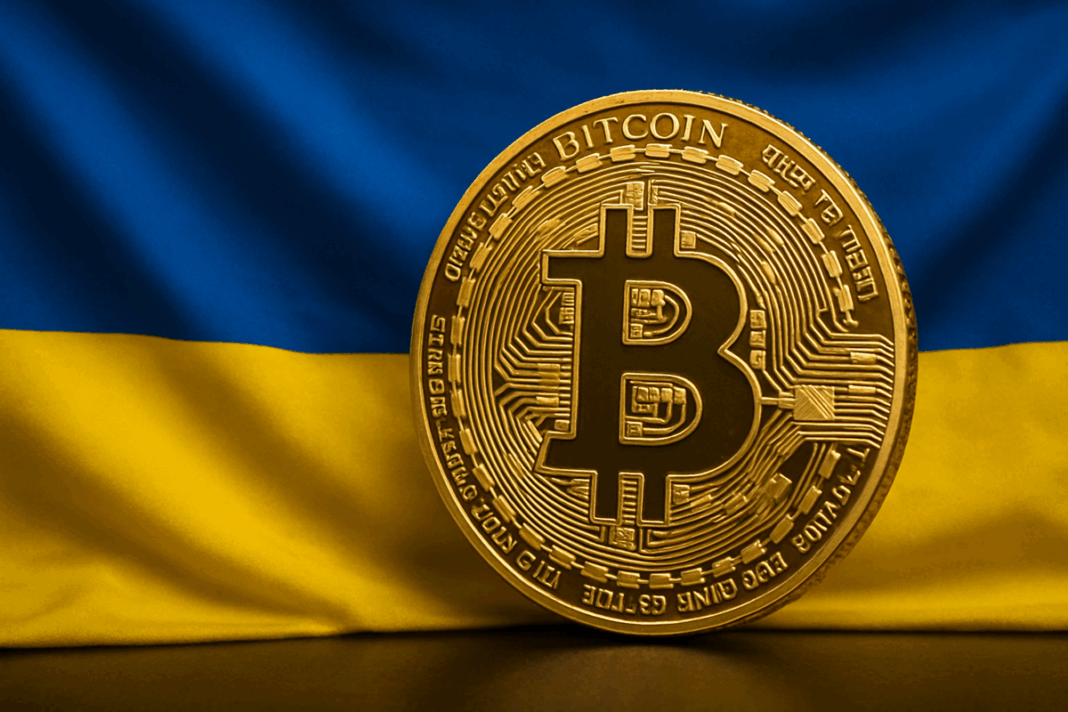On a regional visit to Gulf countries, the US president signals progress on nuclear talks with Tehran.
United States President Donald Trump has claimed Washington is nearing an agreement with Iran to resolve a long-running nuclear dispute, despite ongoing diplomatic hurdles.
“We’re in very serious negotiations with Iran for long-term peace,” Trump said in Qatar during the second leg of his Gulf tour on Thursday, before heading to the United Arab Emirates.
“We’re not going to be making any nuclear dust in Iran,” he said. “I think we’re getting close to maybe doing a deal without having to do this.”
Trump said he was basing his optimism on new statements by Iran. “You probably read today the story about Iran. It’s sort of agreed to the terms,” he said.
The president did not specify which remarks he was referring to, but an adviser to Iran’s supreme leader Ayatollah Ali Khamenei, Ali Shamkhani, said in a US media interview this week that Tehran was willing to accept far-reaching curbs on its nuclear programme.
“I want them [Iran] to succeed, I want them to end up being a great country,” Trump added on Thursday, “but they can’t have a nuclear weapon; that’s the only thing, it’s very simple.”
Trump’s remarks come amid intensified negotiations between US and Iranian officials, most recently held in Oman last Sunday. A US official confirmed to Axios that a new proposal had been delivered to Tehran during the fourth round of talks.
While both sides say they prefer a diplomatic solution, serious differences remain.
On Tuesday, Trump called Tehran the “most destructive force” in the Middle East.
Iranian President Masoud Pezeshkian responded forcefully to Trump’s remarks, accusing the US of fuelling instability in the region. “Trump thinks he can sanction and threaten us and then talk of human rights. All the crimes and regional instability is caused by them [the United States],” he said. “He wants to create instability inside Iran.”
Yet some signals from Tehran suggest a deal may be within reach. In an interview with NBC News on Wednesday, senior adviser Shamkhani indicated Iran would be open to curbing its nuclear programme if sanctions were lifted.
According to Shamkhani, Iran is prepared to commit to not developing nuclear weapons, diluting its stockpile of highly enriched uranium, and accepting international inspections.
Major sticking points remain
Still, major obstacles remain. Washington has insisted that Iran halt uranium enrichment entirely – something Iranian officials continue to reject, calling it a non-negotiable “red line”.
Iran is willing to lower enrichment levels and reduce stockpiles, but insists the reductions be gradual and no less than the limits set by the 2015 nuclear agreement, which the Trump administration abandoned in 2018.
Negotiators are also at odds over where Iran’s excess uranium should be transferred, further complicating talks.
Qatar has emerged as a central player in mediation efforts between the US and Iran, as momentum builds around talks to revive a nuclear deal.
Speaking in Doha, Trump said Iran should “say a big thank you” to Qatar’s emir, Sheikh Tamim bin Hamad Al Thani, who had pressed the US leader to avoid military action. “Iran is very lucky to have the emir because he’s actually fighting for them. He doesn’t want us to do a vicious blow to Iran,” Trump said.
Qatar’s involvement “is not really something new”, said Al Jazeera’s Hashem Ahelbarra, reporting from Doha. “They played quite a crucial role in mediating between the Iranians and the Americans in the past.”
According to Ahelbarra, there is a “strong indication” that Qatar will be “enormously involved in mediating a settlement”.
On his regional trip, Trump visited Saudi Arabia, where he met Saudi and Syrian leaders on Wednesday, before heading to Qatar.
On Thursday, he addressed US troops stationed at Al Udeid Air Base in Qatar, before heading to Abu Dhabi. In the UAE, he is meeting Emirati leaders who are lobbying Washington for support in their ambitious bid to position the Gulf state as a world leader in artificial intelligence.


